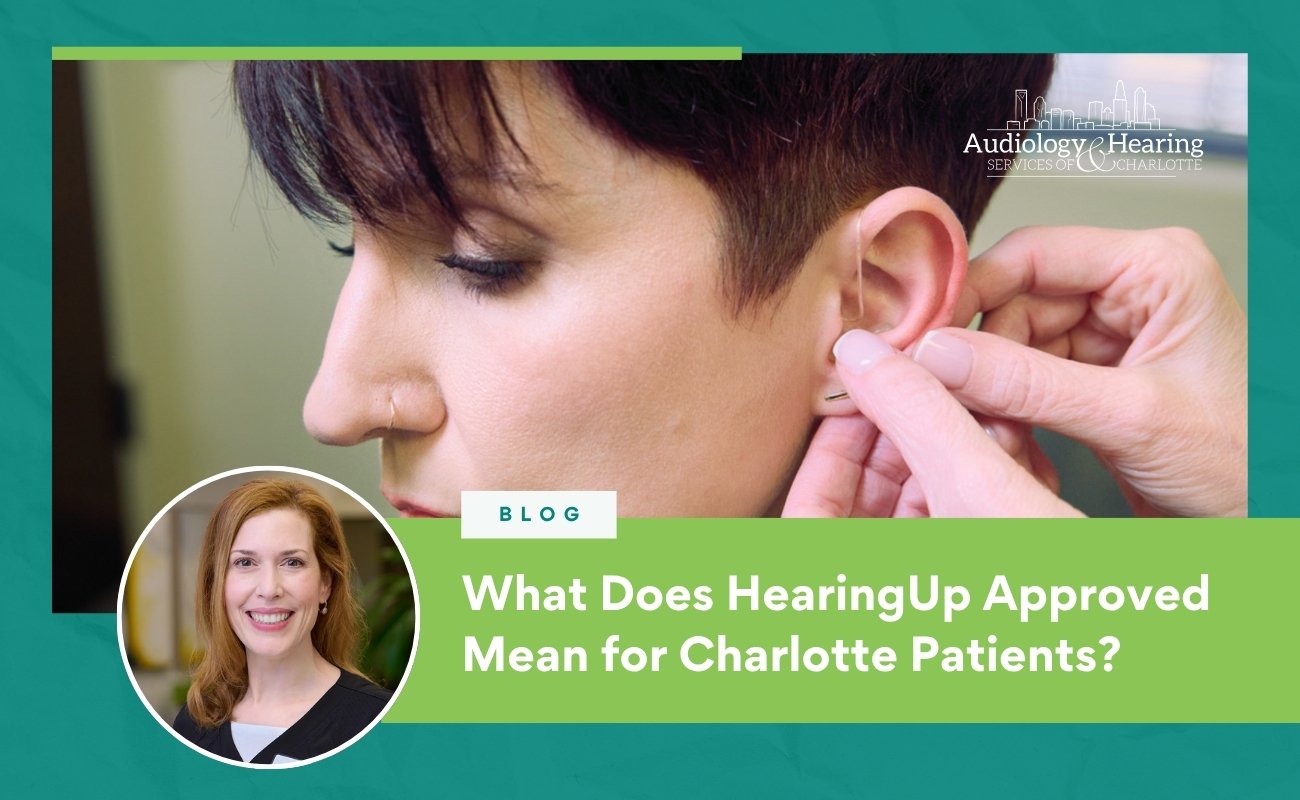
Understanding Auditory Processing Disorder
%20(1).jpg)
Auditory Processing Disorder (APD) is a neurological condition that often goes unnoticed but significantly affects those living with it. Despite normal hearing, individuals with APD struggle to process auditory information effectively, making it challenging to understand speech in noisy environments, follow instructions, and participate in conversations.
What is Auditory Processing Disorder?
Auditory Processing Disorder is a condition where the brain has difficulty interpreting sounds. It's not a hearing problem per se but rather an issue with how the brain processes auditory information. People with APD can hear sounds but struggle to understand their meaning, especially in noisy environments.
Signs and Symptoms of APD
Recognizing APD can be challenging as its symptoms overlap with other conditions like ADHD, dyslexia, and hearing loss. Specific signs include:
- Difficulty Understanding Speech in Noisy Environments: Struggles to follow conversations in places with background noise.
- Frequent Requests for Repetition: Often asks others to repeat themselves.
- Problems Following Directions: Difficulty with multi-step instructions.
- Poor Listening Skills: Appears inattentive or easily distracted during conversations or lectures.
- Difficulty with Reading and Spelling: Challenges in phonics and word recognition.
- Speech and Language Delays: Children may have delayed speech and language development.
- Struggles with Academic Performance: Particularly in subjects requiring good listening skills.
Causes and Diagnosis
The exact cause of APD is not fully understood but is related to central nervous system development. Diagnosis involves auditory tests by an audiologist assessing auditory discrimination, memory, and sequencing.
Managing Auditory Processing Disorder
While APD has no cure, management strategies include:
- Environmental Modifications: Reduce background noise and use sound-absorbing materials.
- Assistive Listening Devices: FM systems and sound field systems improve speech comprehension.
- Auditory Training Programs: Computer-based exercises to enhance auditory processing skills.
- Speech-Language Therapy: Improve communication and language comprehension.
- Classroom Accommodations: Preferential seating, written instructions, and extra time for assignments.
- Cognitive Behavioral Therapy (CBT): Manage frustration and improve attention.
- Parental and Teacher Support: Educate and provide appropriate support.
Living with APD
Living with APD requires patience and persistence. Seeking professional evaluation and personalized care can help individuals thrive despite the challenges.
At Audiology & Hearing Services of Charlotte, our experienced audiologists offer comprehensive support for APD. Contact us to learn more or schedule an appointment. Together, we can find effective solutions to manage APD and improve quality of life.

Melissa Karp is a board-certified audiologist with special expertise in tinnitus treatment, auditory processing disorder (APD) evaluation, hearing aid fitting and aural rehabilitation.

Related blog posts
Contact us
Get in Touch
Ready to start your journey to better hearing?



Charlotte, NC 28226



